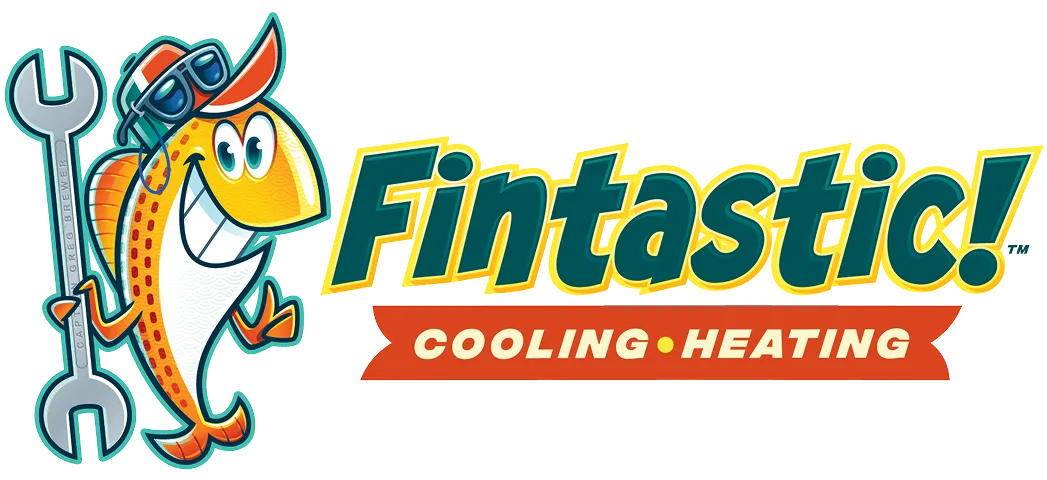Heater Maintenance in West Houston, TX
West Houston heater maintenance helps keep homes safe, comfortable, and efficient through seasonal tune-ups. The service covers gas and electric furnaces, heat pumps, and ductless systems, addressing common issues like clogged filters, dirty heat exchangers, thermostat drift, blower wear, and duct leaks. A typical visit includes safety checks, cleaning, filter inspection, thermostat calibration, gas and electrical inspections, venting checks, and performance testing. Regular annual tune-ups, midseason checks, and optional maintenance plans prevent unexpected breakdowns and protect warranties. Benefits include lower energy use, fewer emergencies, and improved indoor air quality.
.jpg)
Heater Maintenance in West Houston, TX
Keeping your heater tuned and safe matters in West Houston, even though winters are shorter than in northern states. Seasonal cold snaps, high humidity, and heavy pollen in the area combine to create conditions that stress heating systems and indoor air quality. Regular heater maintenance helps West Houston homes stay comfortable when temperatures fall, lowers energy costs, and reduces the risk of costly midseason failures or safety hazards.
Common heater types and common issues in West Houston
Most West Houston homes are heated by one of the following systems: gas furnaces, electric furnaces, heat pumps (including heat pump-driven mini-splits), and ductless systems. Each type has maintenance needs, but several problems are frequent across all of them in this region:
- Clogged filters and reduced airflow from pollen, dust, and pet dander
- Dirty burners or coils that reduce heat transfer and efficiency
- Thermostat drift or improper calibration causing uneven temperatures
- Blower motor wear, noisy bearings, or misaligned blower wheels
- Corrosion or condensate problems on outdoor heat pump components because of humidity
- Cracked or deteriorating heat exchangers in older gas furnaces that create safety risks
- Leaky or poorly insulated ductwork common in older West Houston homes, causing heat loss
- Electrical issues, loose connections, or failed safety controls leading to short cycling or shutdowns
What a routine heater maintenance service includes
A comprehensive seasonal tune-up verifies safety, restores efficiency, and identifies repairs before they fail. A typical heater maintenance visit for a home in West Houston covers:
- Seasonal inspection: Visual and operational check of the entire heating system and associated components
- Filter replacement or inspection: Replace disposable filters or clean reusable filters; recommend proper MERV rating for your home
- Burner and heat exchanger cleaning and inspection: Remove combustion residue, inspect for cracks or corrosion
- Coil and evaporator cleaning (heat pumps): Clear debris and buildup that reduce heat transfer
- Blower and motor service: Clean blower wheel, lubricate bearings as needed, check belt condition and motor amps
- Thermostat calibration and controls check: Ensure settings, programming and sensors are accurate
- Safety checks: Combustion analysis or carbon monoxide spot checks on gas systems, test limit switches, flame sensors and other safety interlocks
- Gas pressure and ignition performance: Inspect valves, pilot/ignition systems and gas lines for proper operation
- Electrical inspection: Tighten connections, check capacitors, relays and wiring integrity
- Venting, flue and condensate line checks: Confirm proper draft, clearance and drain function to prevent backflow or water damage
- Performance testing: Measure temperature rise across the heat exchanger, airflow and system cycle behavior
Most thorough tune-ups take 45–90 minutes depending on system complexity, with extra time when repairs or cleaning are required.
The diagnostic process explained plainly
Technicians follow a consistent, easy-to-understand process so you know what to expect:
- Start with a visual walk-through of the equipment, filters and accessible ductwork for obvious signs of wear.
- Power up the system and observe startup behavior, listening for unusual sounds and noting how the unit cycles.
- Verify thermostat accuracy by comparing ambient temperature to thermostat reading and calibrating if needed.
- For gas systems, perform a safety inspection that includes checking the burner flame, testing for combustion efficiency and doing a carbon monoxide spot check.
- Measure airflow and temperature rise to confirm the heater is delivering proper output without excessive stress on components.
- Check electrical components and motor amp draw to detect worn parts before they fail.
- Clean accessible components like burners, coils and blower wheels, and replace or clean filters.
- Provide a clear report of findings, including recommended repairs, parts that may need attention soon, and suggested maintenance frequency.
All of this is communicated in plain language so homeowners understand system condition and risks.
Recommended maintenance schedule for West Houston homes
- Annual fall tune-up: One complete inspection and service in early fall (September–November) before the coldest months is ideal for furnaces and heat pumps used for heating. This ensures reliable performance during sudden cold spells.
- Heat pump dual-season checks: Heat pumps serve for both cooling and heating; schedule a spring check for cooling and a fall check for heating performance.
- Filter replacement: Replace disposable filters every 1–3 months depending on filter quality, household pets, and allergy sensitivity. Higher MERV filters trap more particulates but can restrict airflow if not monitored.
- Midseason visual check: Do a quick self-check mid-winter—confirm vents are open, no unusual odors or noises, and carbon monoxide detectors are functioning.
Service agreements or maintenance plans that schedule these tune-ups automatically are a practical option for homeowners wanting consistent upkeep and documentation for warranties.
Benefits of preventative heater maintenance
Regular maintenance delivers measurable advantages for West Houston homeowners:
- Improved efficiency and lower energy bills: Cleaning and calibrating can restore lost efficiency, often reducing energy use by a noticeable margin.
- Fewer emergency repairs: Identifying worn parts early prevents inconvenient breakdowns during peak use.
- Extended equipment life: Proper lubrication, cleaning and adjustment reduce wear and lengthen the useful life of expensive components.
- Better indoor air quality: Regular filter changes and coil cleanings reduce dust and allergen circulation—important in a high-pollen environment.
- Safer operation: Combustion and CO checks help detect cracked heat exchangers and improper venting that can pose serious safety hazards.
- Preservation of warranty: Many manufacturers require regular documented maintenance to keep warranty coverage valid.
Signs you need immediate heater service
Arrange service promptly (through your preferred local provider) if you notice any of these signs in your West Houston home:
- Sudden increase in heating costs without a change in usage
- Yellow or flickering pilot flame on a gas furnace
- Persistent odors of gas, burning or musty smells
- Loud banging, grinding or rattling noises when the unit starts
- Uneven heating across rooms or weak airflow from vents
- Frequent cycling on and off or failure to reach set temperatures
- Activation of a carbon monoxide alarm or poor combustion test results
Regular maintenance reduces the chances these problems escalate into emergencies.
Heater maintenance in West Houston is about safety, comfort and predictable operation. With seasonal checks, cleaning, and calibrated controls, homeowners keep systems running efficiently and avoid the hassle of unexpected failures during cold snaps. Preventative care is the most reliable way to protect your heating investment and keep your home safe and comfortable through the season.
Customer Testimonials
Our customers praise our exceptional service and attention to detail, consistently exceeding expectations.































































